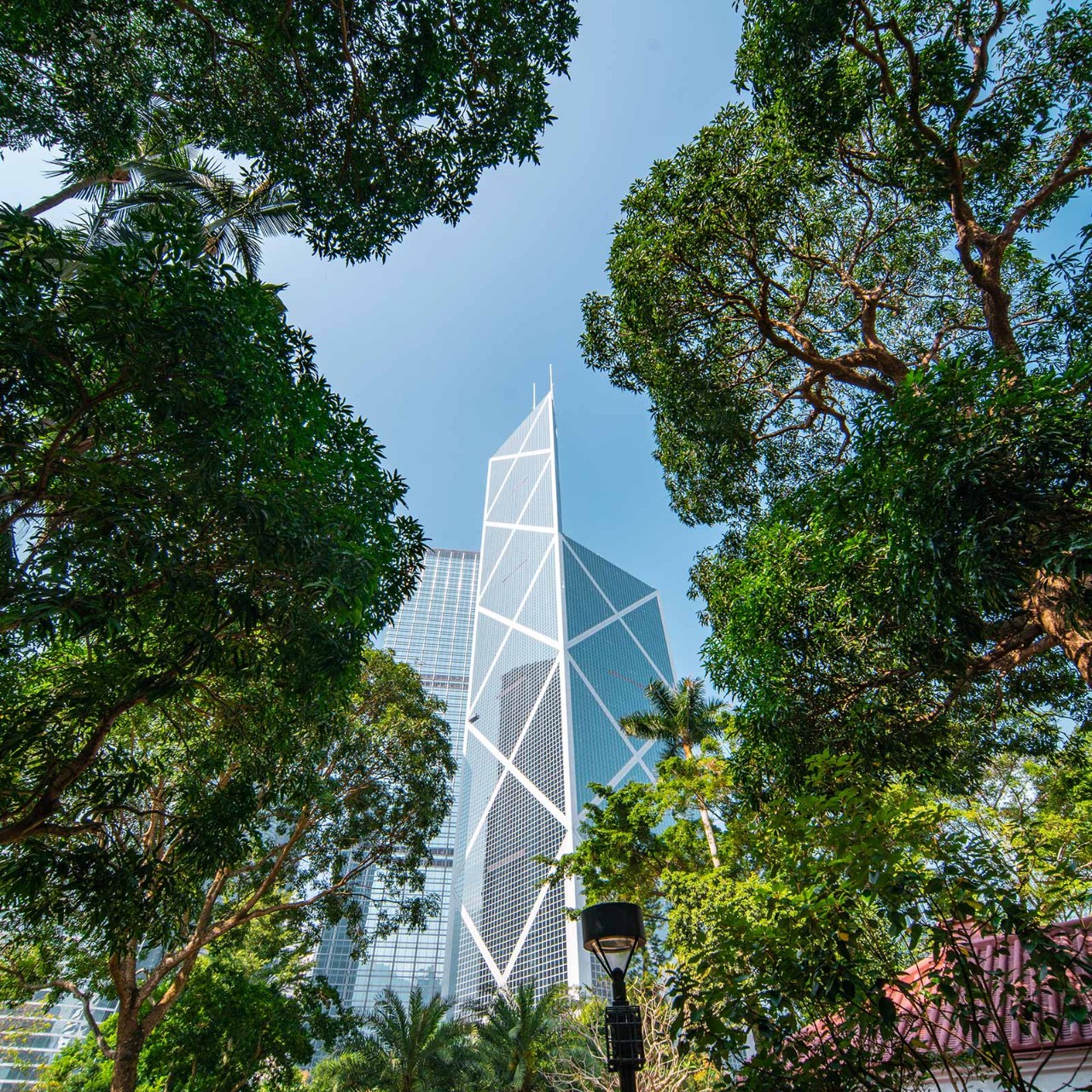
Despite the recent turmoil in the cryptocurrency world, Hong Kong is pushing ahead with plans to bolster the Special Administrative Region's (SAR) status as a virtual asset (VA) hub.
To ensure that Hong Kong remains a leading player in the VA industry, the Hong Kong Securities and Futures Commission (SFC) recently unveiled a number of initiatives. These include a new licensing regime for VA services providers (VASP); a review of property rights for tokenised assets and smart contracts; the possibility of permitting crypto-based exchange traded funds (ETFs) to list; and plans for a consultation on allowing retail investor participation in VA trading (an activity currently restricted to professional investors).
If adopted, such a move would mark a shift from the SFC’s current position, which limits crypto trading on centralised exchanges to professional investors – defined as individuals with a portfolio of at least HK$8m (US$1m).

Hong Kong was the birthplace of some of the world's largest crypto platforms
Hong Kong exit
The birthplace of some of the world's largest crypto platforms, Hong Kong was at one time viewed as the epicentre of the asset class’s development. However, the spotlight dimmed, with crypto firms exiting the SAR, citing risks and uncertainties, and moving to perceived friendlier pastures, such as the Bahamas.
Against the backdrop of erratic market swings and a series of high-profile collapses – including FTX, which was based in Hong Kong before decamping to the Bahamas where it recently filed for bankruptcy – Hong Kong regulators remain bullish on virtual assets, while maintaining the view that the regulation of activities is a prerequisite for market development.
In his weekly blog post, Financial Secretary Paul Chan wrote that regulations will 'create the prerequisites for an orderly and robust market'. Industry participants and crypto market watchers have generally welcomed the new proposals, pointing out that prudent regulation is needed to protect investors' assets and underpin market integrity in order to allow the VA sector to flourish.
A big part of Hong Kong's attraction is that it possesses an internationally recognised regulatory regime
Ready to engage
As part of its repositioning efforts, the government says it is ready to engage with virtual asset service providers and invite them to the SAR. The administration says a big part of Hong Kong's attraction is that it possesses an internationally recognised regulatory regime and a range of opportunities and initiatives designed to pioneer fintech development, the backbone of the virtual asset environment.
However, unlike the previous opt-in licensing regime established in 2018, the new framework will require VA platforms to meet a range of capital and investor protection measures set by the SFC under the 'same activity, same risks and the same regulation' principles as traditional financial services providers. Expected to come into effect on 1 June, three months later than initially planned, VASPs must also pass anti-money laundering and counter-terrorist financing scans while complying with regulatory requirements on investor protection, which includes safe custody of client assets.
Nurture talent
While the new licensing regime sets guardrails around VASP operations, one area that seems to have been overlooked is how to scale up the local talent pool needed to support Hong Kong's crypto ambitions.
According to a recent survey, there is an urgent need to nurture talent as well as attract professionals regionally. This could prove challenging particularly as the Chinese mainland, which prohibits retail and institutional crypto trading, has employment restrictions in place.
Amid a global talent shortage, once Hong Kong’s new crypto regulations are in place, the SAR's burgeoning VA hub will need to source skilled staff to take it forward.


